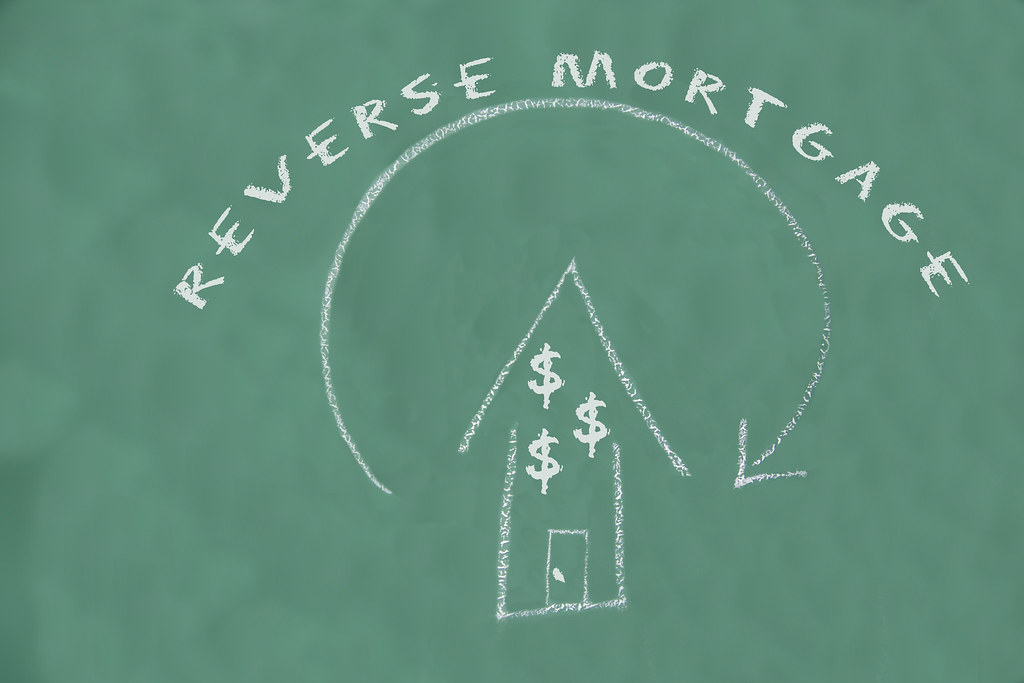Managing finances can be challenging, especially when unexpected expenses arise. In these situations, many people turn to loans as a solution. However, traditional loans may not always be the best option. What if you’re already tied up with an existing mortgage? This is where second charge mortgages come in – a financing option that can provide an effective solution to your financial needs. In this blog post, we’ll explore how a second charge mortgage can help you get ahead of your finances and unlock the equity in your property. So if you’re looking for a way to manage your finances better and secure your future, keep reading!

Understanding Second Charge Mortgages: A Comprehensive Guide
If you’re a homeowner, you may be familiar with the concept of remortgaging to release equity from your property. But have you heard of a second charge mortgage? Essentially, it’s a type of secured loan that allows homeowners to borrow against the equity in their property while leaving their existing mortgage in place.
One key difference between second charge mortgages and remortgaging is that with a second charge mortgage, you are taking out an additional loan on top of your existing mortgage rather than replacing it altogether. This means that if you have a competitive fixed-rate deal or other favorable terms on your primary mortgage, you can keep those intact.
Another advantage of second charge mortgages is that they can be easier to obtain for borrowers with less-than-perfect credit histories since the lender has an extra layer of security. However, as with any financial product, there are also potential drawbacks and risks involved.
To fully understand whether a second charge mortgage could be right for your unique situation and needs, it’s important to learn all the facts about this type of borrowing.
How a Second Charge Mortgage Can Help You Get Ahead Financially
A Second Charge Mortgage is a secured loan that allows homeowners to borrow additional funds against their property, on top of their existing mortgage. This can be especially helpful for those who need a large sum of money but are having trouble getting approved for an unsecured personal loan or remortgaging.
One major advantage of a second charge mortgage is that you can often borrow more than with an unsecured loan since the lender has the additional security of your property. Additionally, interest rates may be lower compared to other types of loans due to the decreased risk for lenders.
A second charge mortgage can also provide flexibility in repayment options, allowing borrowers to choose between fixed and variable rates and terms ranging from 5-35 years. It’s important to note that taking out this type of loan means putting your home at risk as it serves as collateral in case you default on payments.
Overall, carefully weigh your financial needs against potential risks before deciding whether a second charge mortgage is right for you. Consult with an experienced advisor who can help determine if this option makes sense based on your specific circumstances.

The Benefits and Drawbacks of Second Charge Mortgages
A second charge mortgage, also known as a secured loan, is a way to borrow money using the equity in your home as collateral. The loan amount is typically more significant than an unsecured loan and can range from £1,000 to £2.5 million. One of the benefits of a second charge mortgage is that it allows you to access funds without remortgaging – meaning you won’t lose any favorable interest rates on your first mortgage.
However, there are some drawbacks to consider when taking out this type of loan. Since it’s secured against your property, failing to repay could put your home at risk for repossession. Additionally, since interest rates may be higher than those offered by traditional mortgages or personal loans, monthly payments could be more substantial.
Despite these drawbacks, if you have built up equity in your home and need additional financing for significant expenses such as debt consolidation or major renovations, then a second charge mortgage might be right for you. It’s essential to speak with a qualified financial advisor before making this decision and compare offers from different lenders carefully.

Is a Second Charge Mortgage Right for You? Factors to Consider
When considering a second charge mortgage, it’s important to weigh the pros and cons carefully. One key factor to consider is the interest rate, which may be higher than that of a first charge mortgage. However, a second charge mortgage can be a good option if you need to borrow a large sum of money and have equity in your property.
Another important factor is your credit score. A poor credit score may make it difficult to qualify for a second charge mortgage, or result in higher interest rates. Additionally, you should consider the length of the loan term and any associated fees, such as arrangement fees or early repayment charges.
It’s also important to choose the right lender for your needs. Look for lenders who specialize in second charge mortgages and have experience working with borrowers in similar financial situations. Compare interest rates and fees from multiple lenders before making a decision.
Overall, a second charge mortgage can be a useful tool for getting ahead financially, but it’s important to carefully consider all factors before making a decision.
Expert Tips for Choosing the Best Second Charge Mortgage Lender
When choosing a lender for your second charge mortgage, it’s important to do your research and find a reputable company with competitive rates. Look for lenders that specialize in second charge mortgages as they will typically have more experience and resources available to help you through the process.
Compare rates and terms from multiple lenders before making a decision. While interest rates are important, don’t forget to also consider other fees such as application or broker fees.
It’s also crucial to work with a lender who is transparent about their requirements and expectations. Ask questions about their underwriting process, timeline for approval, and any necessary documentation needed upfront.
Lastly, read reviews from previous customers to get an idea of the level of customer service each lender provides. A good lender will be responsive, helpful, and communicative throughout the entire process. By doing your due diligence when selecting a lender, you can ensure that you make the best possible choice for your financial needs.
In conclusion, a second charge mortgage can be a great option for those looking to get ahead financially. It allows you to tap into the equity in your home without having to remortgage or sell your property. However, it’s important to weigh the benefits and drawbacks and consider your personal financial situation before deciding if a second charge mortgage is right for you. By following expert tips and choosing the best lender, you can make an informed decision and take control of your finances. Don’t hesitate to explore this option and see how it can benefit you in the long run.
Q & A
Q. What is a second charge mortgage?
A. A loan secured against your property, second to your main mortgage.
Q. Who can get a second charge mortgage?
A. Homeowners with equity in their property can apply for a second charge mortgage.
Q. How does a second charge mortgage work?
A. The lender takes a legal charge on your property, giving them security for the loan.
Q. What can a second charge mortgage be used for?
A. It can be used for home improvements, debt consolidation, or other purposes.
Q. How is a second charge mortgage different from a remortgage?
A. A second charge mortgage is an additional loan, whereas a remortgage replaces your existing mortgage.
Q. What happens if I can’t repay my second charge mortgage?
A. The lender can repossess your property if you default on your payments.
